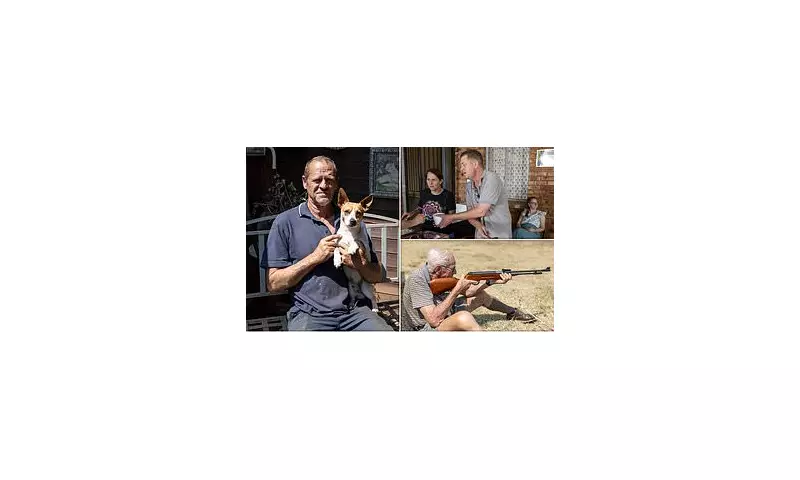
Nestled in the picturesque Northamptonshire countryside lies a community that operates unlike any other in modern Britain. The village of Upper Stowe has developed a system where prospective residents must pass through a rigorous approval process before being permitted to call this rural idyll home.
While some residents vehemently deny accusations of racism, the village's unique approach to managing new arrivals has sparked intense debate about community rights, discrimination, and the very nature of English village life in the 21st century.
The Vetting Process: More Than Just Paperwork
Unlike typical property transactions where a sale depends solely on financial capability, Upper Stowe operates on a different principle. Prospective buyers must undergo formal interviews and character assessments conducted by existing residents before their purchase can proceed.
One resident explained the rationale behind the system: "We're not being racist - we just want to maintain the character of our community. It's about finding people who will fit in with village life."
A Community Divided?
Not everyone sees the process as benign. Critics argue that such systems can easily become vehicles for discrimination, regardless of residents' intentions. The village's demographic makeup - predominantly white British - has raised questions about whether the vetting process inadvertently screens out ethnic minorities.
Local authorities have found themselves in a difficult position, balancing residents' rights to community cohesion against equalities legislation that prohibits discrimination in housing.
The Wider Context: Immigration and Community Control
Upper Stowe's situation reflects broader national conversations about immigration, community control, and integration. As Britain continues to grapple with questions of identity and belonging, this Northamptonshire village represents a microcosm of larger societal debates.
The village's approach raises fundamental questions: To what extent should existing communities control who moves into their neighbourhoods? Where does the line fall between maintaining community character and unlawful discrimination?
As one housing rights advocate noted: "When you create systems that rely on subjective judgments about who 'fits in,' you inevitably risk excluding people based on protected characteristics, whether intentionally or not."
The situation in Upper Stowe continues to evolve, with local officials monitoring the community's practices while residents maintain their right to protect what they see as their village's unique way of life.






